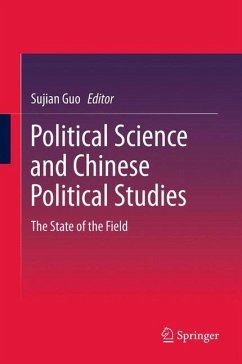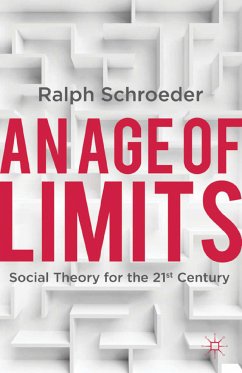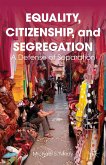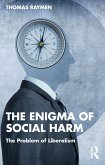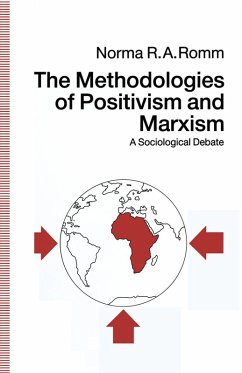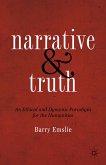Dieser Download kann aus rechtlichen Gründen nur mit Rechnungsadresse in A, B, BG, CY, CZ, D, DK, EW, E, FIN, F, GR, HR, H, IRL, I, LT, L, LR, M, NL, PL, P, R, S, SLO, SK ausgeliefert werden.
-Edward Friedman, University of Wisconsin, Madison
A thought-provoking collection that draws together Chinese and western scholars to ruminate about the field of Chinese politics. This book shows us how research is changing, how area and disciplinary approaches can support each other, and how "indigenous" and western concepts can deepen the study of Chinese politics.
-Kevin J. O'Brien, University of California, Berkeley

